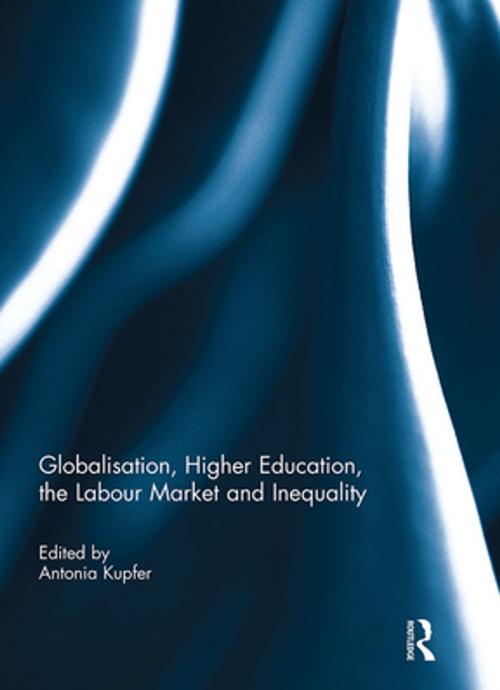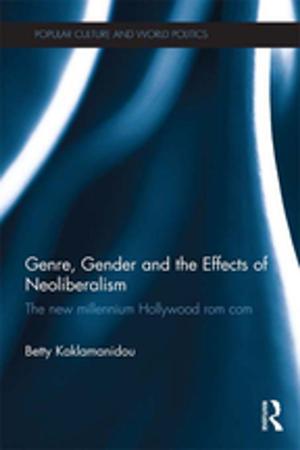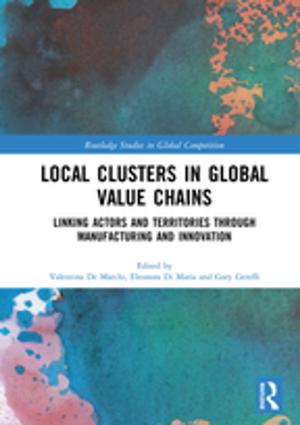Globalisation, Higher Education, the Labour Market and Inequality
Nonfiction, Reference & Language, Education & Teaching, Educational Theory, Aims & Objectives| Author: | ISBN: | 9781317978251 | |
| Publisher: | Taylor and Francis | Publication: | July 16, 2014 |
| Imprint: | Routledge | Language: | English |
| Author: | |
| ISBN: | 9781317978251 |
| Publisher: | Taylor and Francis |
| Publication: | July 16, 2014 |
| Imprint: | Routledge |
| Language: | English |
Globalisation, Higher Education, the Labour Market and Inequality addresses the global transformation of higher education in relation to changes in the labour market. It focuses on the relative impact of elements of globalisation on social inequality, and provides insights into the ways in which these general forces of change are transformed into specific policies shaped by global forces and the various national values, institutional structures and politics of the specified societies. The book begins with a theoretical conceptualization for a comparative understanding of globalization, higher education, labour markets and inequality. This is followed by a range of mainstream accounts from an international selection of contributors of the ways in which national systems have responded to the forces of globalisation and the increasing demand for higher education graduates – in Australia, the Czech Republic, Germany, Japan, New Zealand and the UK. Finally, contributors explore more specific concerns such as the transition from higher education to the labour market in China and Sweden, the division of the ‘knowledge’ workers into traditional social groups in the US, and the role and salience of Doctoral programmes in South Africa in developing a knowledge economy.
This book was originally published as a special issue of the Journal of Education and Work.
Globalisation, Higher Education, the Labour Market and Inequality addresses the global transformation of higher education in relation to changes in the labour market. It focuses on the relative impact of elements of globalisation on social inequality, and provides insights into the ways in which these general forces of change are transformed into specific policies shaped by global forces and the various national values, institutional structures and politics of the specified societies. The book begins with a theoretical conceptualization for a comparative understanding of globalization, higher education, labour markets and inequality. This is followed by a range of mainstream accounts from an international selection of contributors of the ways in which national systems have responded to the forces of globalisation and the increasing demand for higher education graduates – in Australia, the Czech Republic, Germany, Japan, New Zealand and the UK. Finally, contributors explore more specific concerns such as the transition from higher education to the labour market in China and Sweden, the division of the ‘knowledge’ workers into traditional social groups in the US, and the role and salience of Doctoral programmes in South Africa in developing a knowledge economy.
This book was originally published as a special issue of the Journal of Education and Work.















